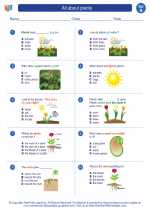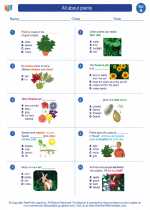Nuclear Energy
Nuclear energy is the energy that holds together the nucleus of atoms. The nucleus is the core of an atom and is made up of protons and neutrons. There are two processes by which nuclear energy is released: nuclear fission and nuclear fusion.
Nuclear Fission
Nuclear fission is the process of splitting the nucleus of an atom into smaller parts. This process releases a large amount of energy. Nuclear power plants use nuclear fission to generate electricity. Uranium-235 is commonly used as the fuel in nuclear fission reactions.
Nuclear Fusion
Nuclear fusion is the process of combining the nuclei of atoms to form a larger nucleus. This process also releases a significant amount of energy and is the process that powers the sun and other stars. However, nuclear fusion has not yet been successfully harnessed for practical energy production on Earth.
Advantages of Nuclear Energy
- Produces large amounts of energy
- Does not release greenhouse gases
- Reliable source of electricity
Disadvantages of Nuclear Energy
- Produces radioactive waste
- Potential for nuclear accidents
- High initial cost of building nuclear power plants
Study Guide
- What is nuclear energy?
- Explain the process of nuclear fission.
- What is nuclear fusion?
- List two advantages of nuclear energy.
- List two disadvantages of nuclear energy.
Understanding the concept of nuclear energy and its applications is crucial in the field of science and technology. It is important to weigh the advantages and disadvantages of nuclear energy in order to make informed decisions about its usage in the future.
.◂Science Worksheets and Study Guides First Grade. All about plants

 Worksheet/Answer key
Worksheet/Answer key
 Worksheet/Answer key
Worksheet/Answer key
 Worksheet/Answer key
Worksheet/Answer key
 Vocabulary/Answer key
Vocabulary/Answer key
